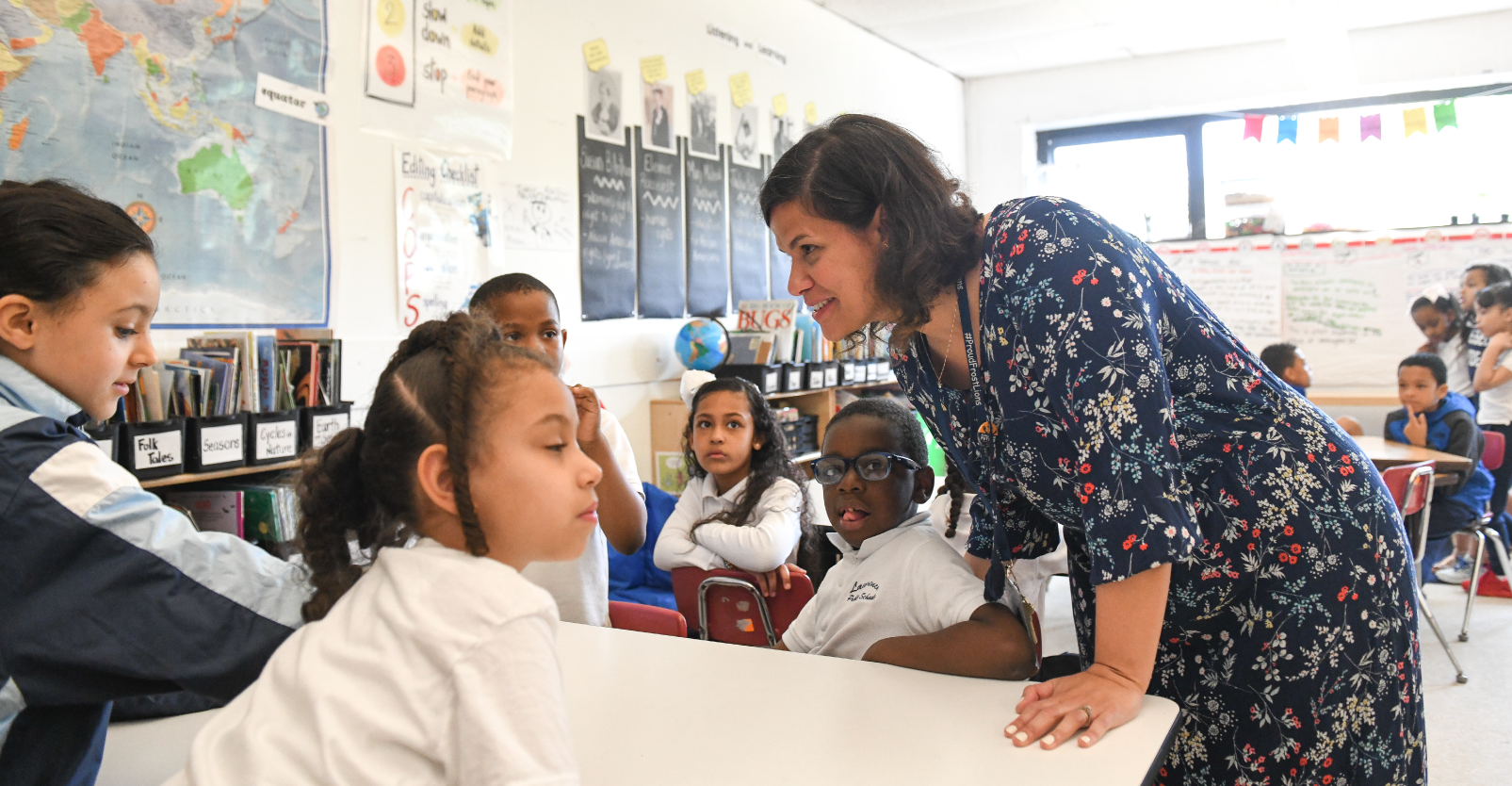In the Community
Finding new solutions to systemic challenges
Last year, 1 in 11 Massachusetts residents didn't have enough to eat. At the same time, more than a million tons of edible food was discarded, making up a quarter of our state’s total waste stream. In addition, up to 20% of what is grown at local farms remains in the ground at the end of the harvest season. To help address these longstanding systemic challenges, we have partnered with not-for-profit organizations working to prevent waste and make locally sourced, nutritious meals available to those most in need.
Our focus starts with ensuring students across Massachusetts have access to healthy, nutritious meals. In 2019, we partnered with Project Bread and Massachusetts Farm to School to support Breakfast After the Bell, a program that has been shown to increase participation in school breakfast programs by serving them in the classroom instead of before school. In Massachusetts, more than 450,000 students qualify for free or reduced-price breakfasts, but only 37% of them take advantage of the program.

Our collaboration with Project Bread and the Massachusetts Chapter of the American Federation of Teachers provides grants to help school districts introduce changes that increase participation in their breakfast programs, and to celebrate and support teacher champions who have shown exceptional dedication to helping students to meet their nutritional needs both inside and outside of the classroom. Massachusetts Farm to School works with districts’ food service departments to improve the quality of school meals by connecting them with produce from local farms and helps them develop menus that are easy to prepare and popular with students.
We are also supporting organizations that are at the forefront of reducing food waste. In 2019, we provided grant aid and volunteer support to Boston Area Gleaners, a unique organization that fills a critical gap in the food system. It works with over 50 farms to provide hunger-relief programs across Massachusetts by harvesting 820,000 pounds of fresh, high-quality produce that would otherwise be plowed under.
We also partnered with Food For Free to redirect excess food from university, corporate and hospital cafeterias to students in our state’s community colleges by helping to expand their family meals program. According to the U.S. Government Accountability Office, the nationwide incidence of food insecurity among college students is estimated at above 30%. This initiative repackages food into individual frozen meals for students and families who may not have the means to afford or cook a good meal. Through our support, Food For Free will be able to reach 1,000-2,000 more community college students.
Related Stories
Accelerating healthy living innovation
We help launch and scale programs that improve access to nutritious meals, physical activity and healthy environments
Building deeper partnerships for greater impact
Energetic volunteers and strong corporate resources contribute to organizations like Camp Harbor View
Advancing sustainability and environmental health
Our business practices are guided by a commitment to responsible stewardship of the environment